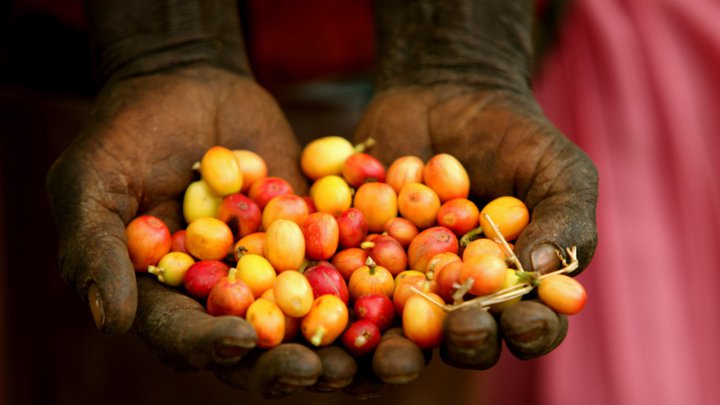
As we continue to see emerging instances of anti-poverty activism gone wrong, we are routinely reminded that good intentions aren’t enough. Alas, while such intentions can sometimes serve as fuel for positive transformation, they can also be a blind spot for hearts and minds.
As Oswald Chambers once cautioned, “Always guard against self-chosen service for God,” which “may be a disease that impairs your service.” If our primary starting point is self-sacrifice for the sake of self-sacrifice, the actual goal is lost, not to mention any corresponding social, spiritual, or economic fruits.
In a recent lecture at Wheaton College, economics professor Winnie Fung shares how the Gospel shaped her view on the subject, giving her a new perspective on poverty and the proper Christian response. For Fung, love is not just about self-sacrifice; it’s about actually meeting the needs of others, which means that “love has to be smart.”
“We live in a fallen world. There is structural and societal sin,” she explains. “There is oppression, injustice, and structural evil in our social systems, economic systems, and political systems. Understanding poverty as a consequence of the Fall helps me understand that there are powers and principalities at work behind individual and structural sin.”
Coming alongside the poor and overcoming those forces will surely involve sacrifice. But what about the actual fruits?
As Fung explains, in the Western church’s efforts to channel compassion, we have far too often over-emphasized “sacrificial love” at the expense of “delivering love” (or deliverance-based love). Whereas sacrificial love is fundamentally “me-focused”—centered around the cost of our actions to ourselves—deliverance-based love is focused on truly helping others and meeting needs.
“Ultimately, it should never be about sacrifice,” she says. “…We follow a God who acts not for the sake of self-sacrifice per se, but a God who acts to deliver a people from bondage into a community of reconciliation with Him. Love has to be delivering and it has to be others-focused. We have to ask the question: Does what I do really serve you? Does it help change your circumstance? Does it help deliver you from bondage? Does it move you into a community of justice and freedom?”
To demonstrate the point, Fung offers several examples, many of which align with the same themes and stories found in Acton films such as Poverty, Inc. and PovertyCure. Whether it be churches that unknowingly contribute to “second disasters”—dumping useless supplies in countries suffering from natural catastrophes—to the unforeseen problems of donating farm animals as charity, Fung notices a cultural drift from “others-focused” approaches to charity.
If we truly desire to serve the poor, it’s not enough to just give our time and resources without critically evaluating whether our time and resources are actually helping the poor. It’s easy for us to just write a check and pray, “God, please use this money and for your glory,” and then leave it at that, thinking, “Well, I’ve done my job so God, now it’s your turn to do your job.” Writing a check is never about us feeling good about ourselves…
We all know that a doctor with a loving heart but no medical knowledge is not enough. The doctor will do more harm than good to the patient. Similarly a Christian with a loving heart but no knowledge of how economic systems, social systems, political systems work is not enough. You will end up doing more harm than good. You have to be a smart Christian.
Our service and sacrifice will do far more for the Kingdom when sourced according to the love of the Kingdom—love that’s focused not on the self (via sacrifice or otherwise), but in the service of others.
Whether it be in the ways we love our families, with friends and neighbors, serve our local churches and communities, participate and economic exchange, or give and invest our wealth, time, gifts, and energy, we should never lose sight of that basic goal.
We have the opportunity to embrace a love that sacrifices, but does so for a reason: to deliver, to heal, and to restore.
Image: Courtesy of PovertyCure
HT: Victor Claar

